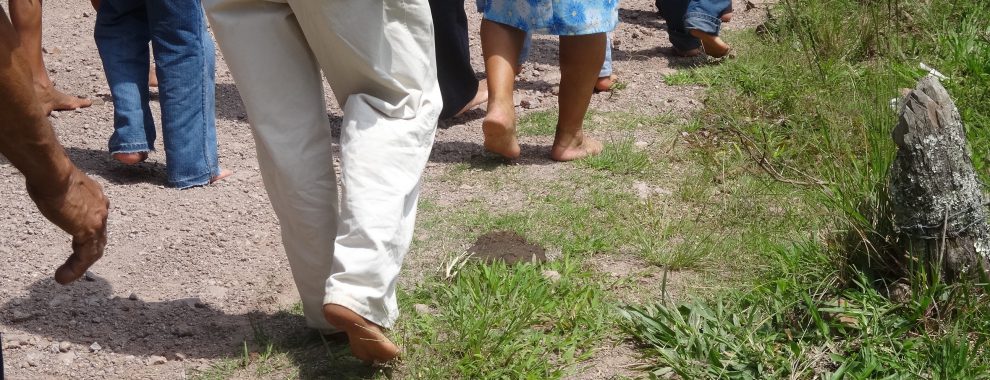Thomas Merton, Trappist monk and spiritual writer, was born on January 31, 1915, in France. His writings on the spiritual life have nurtured many. His Seven Storey Mountain has inspired many.
But even from the silence of his cloister at the Abbey of Gethsemani, he could not forget the poor of the world and the church’s call for justice and nonviolence.
On June 2, 1949, he wrote a letter to the children in Sister Marialein Lorenz’s class, which included these words:
“I believe sometimes that God is sick of the rich people and the powerful and wise men of the world and that He is going to look elsewhere and find the underprivileged, those who are poor and have things very hard; even those who find it most difficult to avoid sin; and God is going to come down and walk among the poor people of the earth, among those who are unhappy and sinful and distressed and raise them up and make them the greatest saints and send them walking all over the universe with the steps of angels and the voices of prophets to bring his light back into the world again.”




